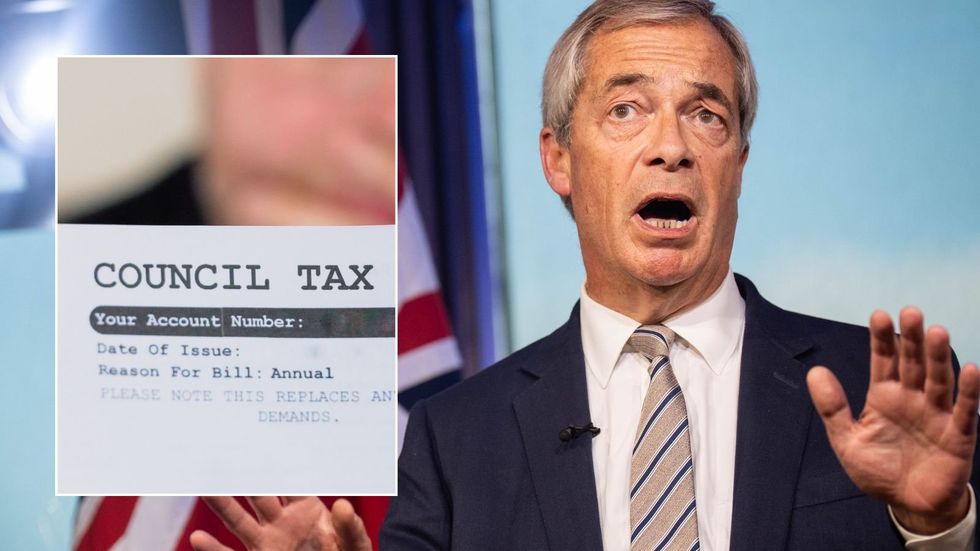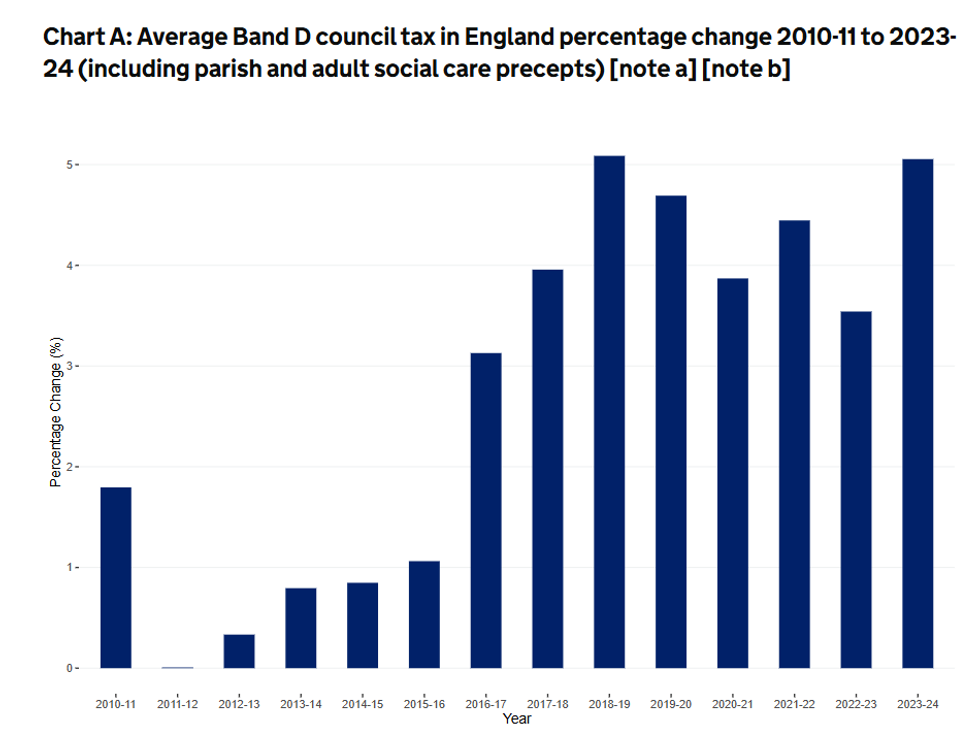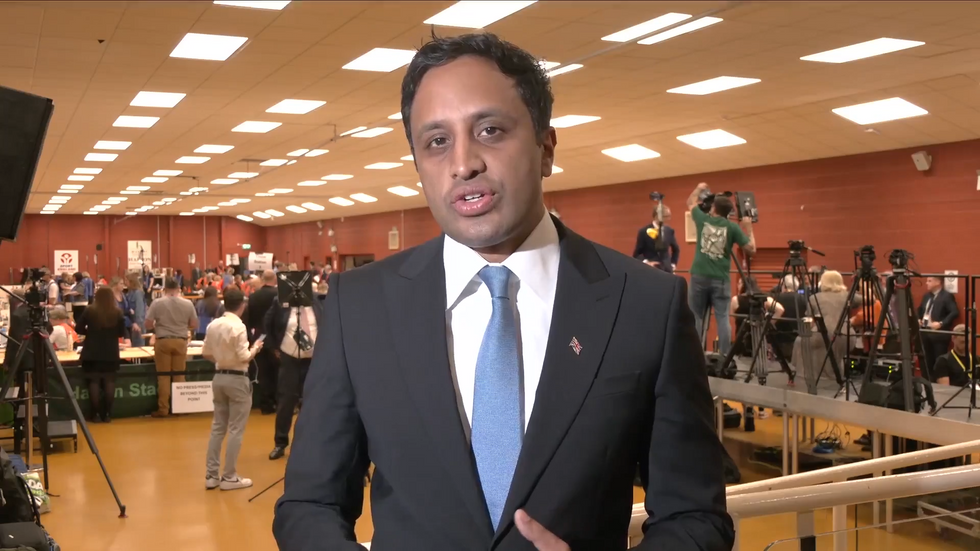Reform UK is facing mounting pressure as councils under its control prepare to implement council tax rises, contradicting electoral commitments to reduce local taxation.
Authorities throughout England that fell to Reform in May’s local elections are now acknowledging the necessity of increasing rates. Council leaders have publicly conceded they may need to impose rises, with many citing severe financial constraints inherited from their predecessors.
The party, which secured control of multiple councils after campaigning on fiscal responsibility and lower taxes, now confronts the reality of managing cash-strapped local authorities.
These developments mark a significant departure from Nigel Farage’s pledges to eliminate wasteful council expenditure. Instead, Reform administrators are discovering that essential services have already been reduced to minimal levels, particularly in statutorily required areas.

Here is a list of Reform-led councils understood to be facing council tax hikes:
- Durham
- Warwickshire
- West Northamptonshire
- Leicestershire
- Worcestershire
- Derbyshire
- Staffordshire
- Lancashire
- Lincolnshire
- Kent.

Several councils are proposing substantial rate increases, with most considering the maximum permitted rise of five per cent.
However, Worcestershire’s Reform-led administration has gone further, consulting residents on a potential ten per cent increase that would require special ministerial approval.
Kent’s cabinet member Diane Morton indicated her council would likely implement the full five per cent rise, stating that adult social care services were already “down to the bare bones” and required “more money”. She calculated that each percentage point increase would generate an additional £10million.
Durham’s Reform administration has suggested eliminating council tax exemptions for low-income residents while removing support for empty and second properties.
West Northamptonshire’s leader Mark Arnull described a tax rise as “highly likely”, while Warwickshire’s deputy leader Stephen Shaw anticipated an increase slightly below the five per cent ceiling.
Reform administrators attribute their financial predicament to years of Conservative mismanagement that left local Government finances severely depleted.
New council leaders report discovering that previous administrations had already implemented extensive cuts, leaving minimal scope for further reductions.
The financial pressure stems particularly from mandatory spending on adult social care and children’s services, which consume an ever-growing share of council budgets.
LATEST DEVELOPMENTS:
- Mortgage warning: How earning over £100,000 could slash what lenders will offer you
- Businesses issue tax warning after feeling bruised and not ready for ‘Budget battering’
- Rachel Reeves under pressure as National Lottery tax faces £8billion shortfall

A Reform spokesperson acknowledged the challenge, stating: “After years, and in some cases decades, of mismanagement by the Conservatives, the idea that Reform UK was going to turn local councils around in just five months is for the birds, particularly with a Labour national Government that financially penalises fiscally responsible local authorities.”
Labour and Liberal Democrat politicians have seized upon Reform’s policy reversals, claiming it as evidence of political naivety. East Thanet MP Polly Billington remarked that the situation demonstrated “what happens when the politics of easy answers hits the reality of difficult decisions”.
She added: “Reform promised to cut waste and deliver savings but they haven’t come close because they didn’t know what they were talking about.”
Antony Hook, Liberal Democrat opposition leader on Kent county council, was equally critical: “Reform don’t know what they are doing. They campaigned across the country, and in Kent, on a promise to cut council tax. Now they are in power and realising that their plans don’t add up. It’s time for them to come clean about their plans for councils they control.”
Our Standards: The GB News Editorial Charter







Follow